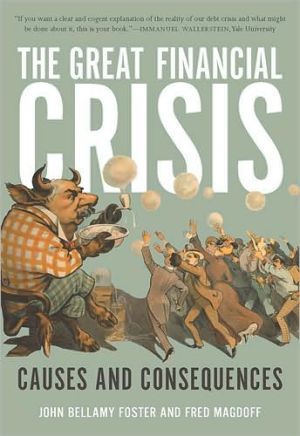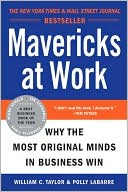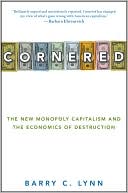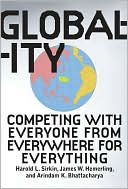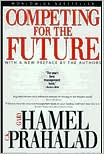The Great Financial Crisis: Causes and Consequences
In the fall of 2008, the United States was plunged into a financial crisis more severe than any since the Great Depression. As banks collapsed and the state scrambled to organize one of the largest transfers of wealth in history, many—including economists and financial experts—were shocked by the speed at which events unfolded.\ In this new book, John Bellamy Foster and Fred Magdoff offer a bold analysis of the financial meltdown, how it developed, and the implications for the future. They...
Search in google:
In the fall of 2008, the United States was plunged into a financial crisis more severe than any since the Great Depression. As banks collapsed and the state scrambled to organize one of the largest transfers of wealth in history, many—including economists and financial experts—were shocked by the speed at which events unfolded.In this new book, John Bellamy Foster and Fred Magdoff offer a bold analysis of the financial meltdown, how it developed, and the implications for the future. They examine the specifics of the housing bubble and the credit crunch as well as situate current events within a broader crisis of monopoly-finance capitalism—one that has been gestating for several decades. It is the "real" productive economy's tendency toward stagnation, they argue, that creates a need for capital to find ways to profitably invest its surplus. But rather than invest in socially useful projects that would benefit the vast majority, capital has constructed a financialized "casino" economy that neglects social needs and, as has become increasingly clear, is fatally unstable. Written over a two-year period immediately prior to the onset of the crisis, this timely and illuminating book is necessary reading for all those who wish to understand the current situation, how we got here, and where we are heading. Publishers Weekly In this timely and thorough analysis of the current financial crisis, Foster and Magdoff explore its roots and the radical changes that might be undertaken in response. With a foray into the Great Depression of the 1930s, they move to the present situation, born out of the housing bubble, the wider explosion of debt and the problem of financialization of capital. They survey the long-term implications and the larger political-economic aspects of the crisis to propose that the crisis raises questions that are primarily political rather than economic. They suggest that society will eventually conclude that our "fatally unstable" political-economic structure should be replaced with one of social use rather than private gain-a more humane order geared to collective needs. This book makes a valuable contribution to the ongoing examination of our current debt crisis, one that deserves our full attention. (Apr.)Copyright © Reed Business Information, a division of Reed Elsevier Inc. All rights reserved.
\ From the Publisher"A must read! Here is an excellent guide to understanding the role debt overload and the stagnation of the real economy played in the recent crisis, in the tradition of Sweezy and Magdoff."\ -—Michael Perelman,California State University, Chico, and author of Railroading Economics, The Invention of Capitalism, and The Confiscation of American Prosperity\ \ \ \ \ \ Publishers WeeklyIn this timely and thorough analysis of the current financial crisis, Foster and Magdoff explore its roots and the radical changes that might be undertaken in response. With a foray into the Great Depression of the 1930s, they move to the present situation, born out of the housing bubble, the wider explosion of debt and the problem of financialization of capital. They survey the long-term implications and the larger political-economic aspects of the crisis to propose that the crisis raises questions that are primarily political rather than economic. They suggest that society will eventually conclude that our "fatally unstable" political-economic structure should be replaced with one of social use rather than private gain-a more humane order geared to collective needs. This book makes a valuable contribution to the ongoing examination of our current debt crisis, one that deserves our full attention. (Apr.)\ Copyright © Reed Business Information, a division of Reed Elsevier Inc. All rights reserved.\ \
